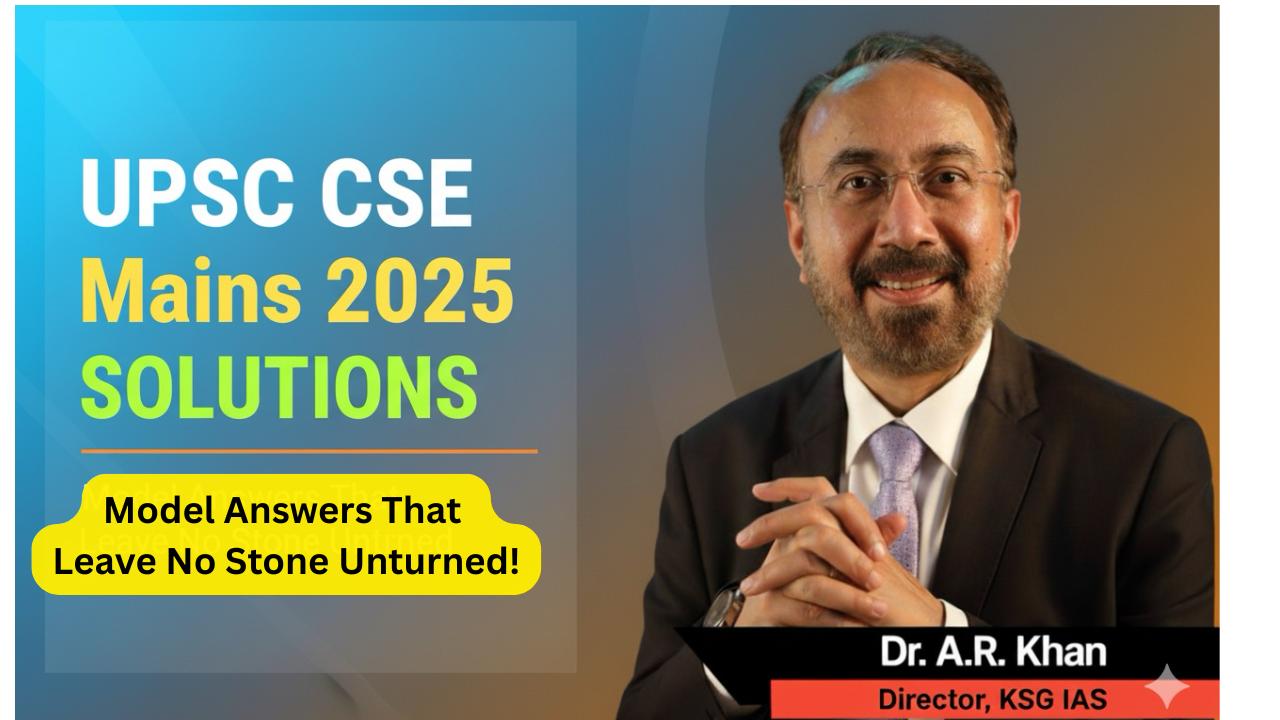Q9. Subash is Secretary, PWD in the State Government. He is a senior officer, known for his competence, integrity and dedication to work. He enjoys the trust and confidence of Minister Incharge of PWD and Programme Implementation. As a part of his job profile, he is responsible for policy formulation, execution of projects relating to infrastructure initiatives in the State. Besides, he oversees the technical and administrative aspects relating to planning, designing and construction etc.
Subash’s Minister is an important Minister in the state and significant growth in urban infrastructure development and road network has been registered during his tenure. He is very keen for launching of ambitious road construction project in the near future.
Subash is in regular touch with the Minister and is working various modalities of road construction project. Regular meetings, interactions and presentations are made by him to the Minister before a formal public announcement of the project is made by the Minister. Subash’s only son Vikas is in real estate business. His son from his own sources is aware that a mega road project is on the anvil and announcement in this regard is expected anytime. He is very keen to know from his father the exact location of the upcoming project. He knows that there would be quantum jump in the prices of land at the proposed location. Buying land at this stage at cheaper prices would pay him rich dividends. He is pleading with him (his father) day in and day out to share him location of the proposed project. He assured him that he would handle the matter discreetly as it would not attract any adverse notice as he in the normal course, keeps on buying land as a part of his business. He feels pressurised because of constant pleadings by his son.
Another significant aspect of the matter pertained to the extra/undue interest in the above project by the Minister PWD. His nephew was also having big infrastructure project company. In fact, the Minister has also introduced his nephew to him and indicated to him to take care of his nephew’s business interest in the forthcoming project. The Minister encouraged him to act fast in the matter as early announcement and execution of mega road project would enhance his status in the party and public life. In the above backdrop, Subash is in a fix as to the future course of action.
(a) Discuss the ethical issues involved in the case.
(b) Critically examine the options available to Subash in the above situation.
(c) Which of the above would be most appropriate and why? (Answer in 250 words)
Answer Intro: The situation portrays a very pertinent example of dilemmas faced by bureaucrats during the discharge of their duties. They often face pressure for granting favours to their own family members or to aides/ people known to ministers. Such pressures and expectations often increase with the rise in seniority of officers owing to the enhanced responsibilities and clout that they hold.
(a) Ethical issues involved in the given case study
- Conflict of interest: Twofold – Subash’s son seeking insider information for private gain compromises impartiality; the PWD Minister asking favours for his nephew shows malafide intention of gaining illegally from government projects.
- Misuse of official position: Sharing privileged government information would violate secrecy, transparency and public trust and erode the reputation of his father.
- Misplaced priority of Minister: Attempt to favour his nephew undermines fairness and violates probity in public life.
- Undue pressure on a public servant: PWD Minister pressuring an honest officer shows how ministers can violate the ethos of public service for personal gains.
(b) Options available to Subash
- Share information with his son and favour Minister’s nephew
- Pros: Satisfies personal and political expectations.
- Cons: Breach of trust, corruption, legal liability and erosion of credibility.
- Refuse son’s request but comply with Minister’s direction
- Pros: Maintains partial personal integrity and avoids wrath from the minister.
- Cons: Still compromises institutional ethics and encourages cronyism.
- Seek a transfer to another department
- Pros: Maintains integrity and relieves pressure.
- Cons: Appears as an escape and against Subash’s strong character.
- Refuse unethical favours and ensure transparency
- Pros: Ensures project execution via open tendering and competitive bidding, preventing breaches of public service ideals.
- Cons: May antagonise both the Minister and his son.
(c) Most appropriate option
The most ethical and sustainable choice is Option 4 — firmly refuse personal and familial favours while ensuring transparency and fairness in project execution. This aligns with constitutional morality, impartiality and public trust doctrine, while diplomatically handling political pressure. Subash must communicate respectfully with the Minister and institutionalise checks (independent tender process). He should also counsel his son on ethics in business and help him understand the importance of serving the public without seeking personal gain.
X-Factor: Reference to Kant’s deontology on the duty of public servants and the 2nd ARC Report on Probity in Governance strengthens the justification.

